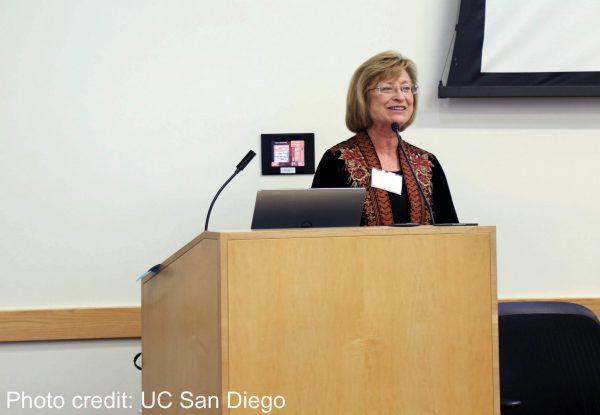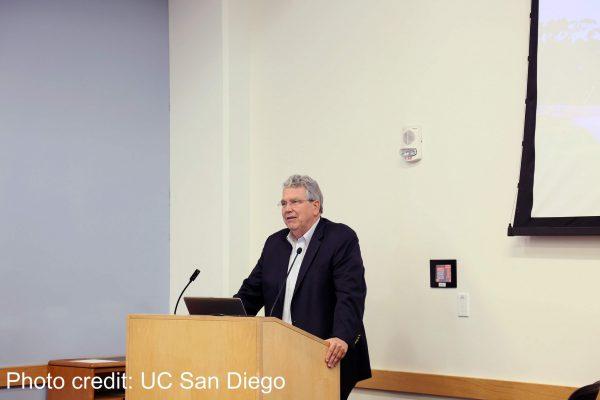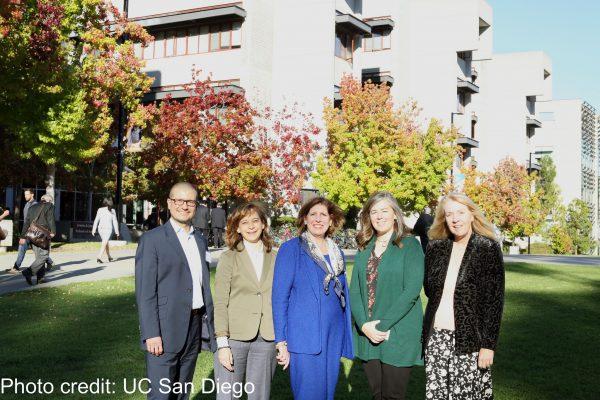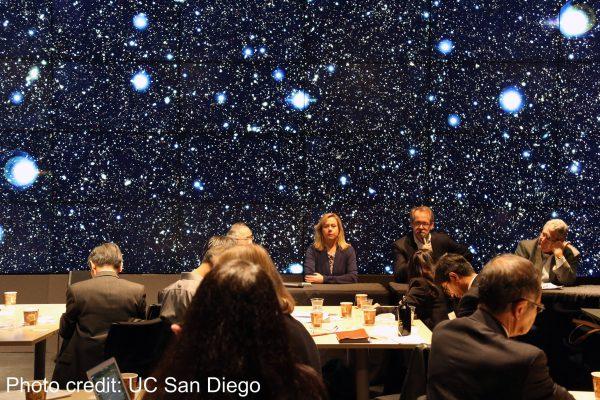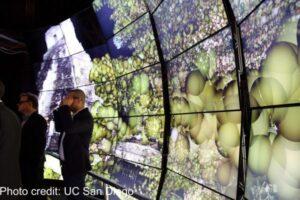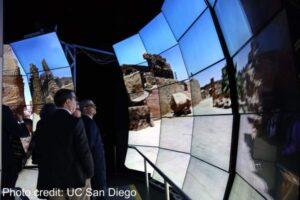4th APRU Vice Presidents for Research Meeting
Date: October 17-19, 2018
Host: UC San Diego
Click here to view the photo album.
Click here to download the APRU Impact Report 2018.
Themed “Solving Problems through Collaborative Research,” the 4th APRU Vice Presidents for Research Meeting was held on October 17-19, 2018 at UC San Diego. Sharing best practices amongst participants from government, academia and research community was the aim. APRU was called on to use its network to further promote multidisciplinary collaborations in order to contribute to government policies and amplify the societal impact of academic research.
